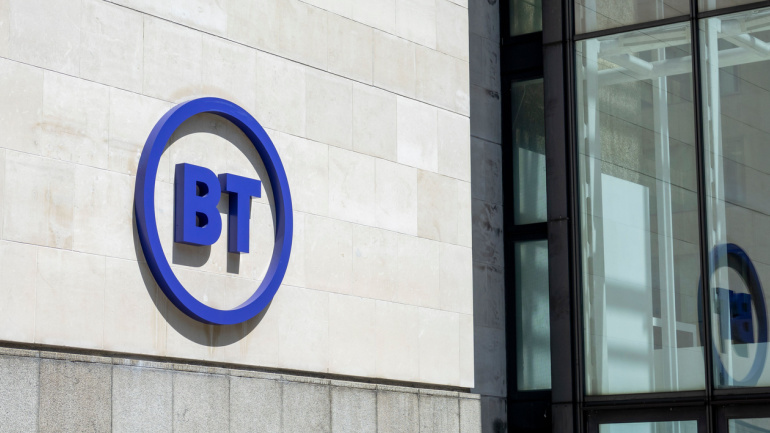BT, a major UK operator group, announced plans to cut over 40% of its workforce in pursuit of increased agility. This information was disclosed in the company’s full-year results, and highlights BT’s transformation initiatives throughout the rest of the decade. Part of these plans includes expanding Openreach’s FTTP network to encompass up to 30 million premises, targeting a take-up rate of 40-55%. The telco also aims to amass 8.5 million retail fiber customers, a significant increase from the current 1.8 million.
In the mobile sector, BT intends to boost 5G coverage for more than 98% of the population, a substantial increase from 68.1%. Additionally, the company wants to grow the number of active 5G connections from 8.6 million to up to 14.5 million. To enhance customer satisfaction, BT plans to raise its net promoter score (NPS) from 22.1 to between 30 and 35.
Notably, the drastic headcount reduction is a key component of BT’s transformation. The company hopes to downsize its workforce from 130,000 to around 75,000-90,000 by fiscal 2028-30. BT CEO Philip Jansen said in a statement, “By continuing to build and connect like fury, digitize the way we work and simplify our structure, by the end of the 2020s, BT Group will rely on a much smaller workforce and a significantly reduced cost base. New BT Group will be a leaner business with a brighter future.” Trade union Prospect has requested an urgent meeting with Jansen in light of these stated plans.
BT’s announcement coincided with a mixed set of results for the company, which is performing well operationally but struggling to convert this into financial growth. Quarterly revenue fell 2% to £5.09 billion, while adjusted EBITDA increased 10% to £2.05 billion, primarily due to large gains at Consumer (18%) and Openreach (8%).
In its full-year report, BT’s group revenue saw a minor decline to £20.67 billion from £20.85 billion last year. This was attributed to growth at Openreach not being enough to compensate for declines in other areas of the business, particularly Enterprise which reported a 4% drop to £4.96 billion.







